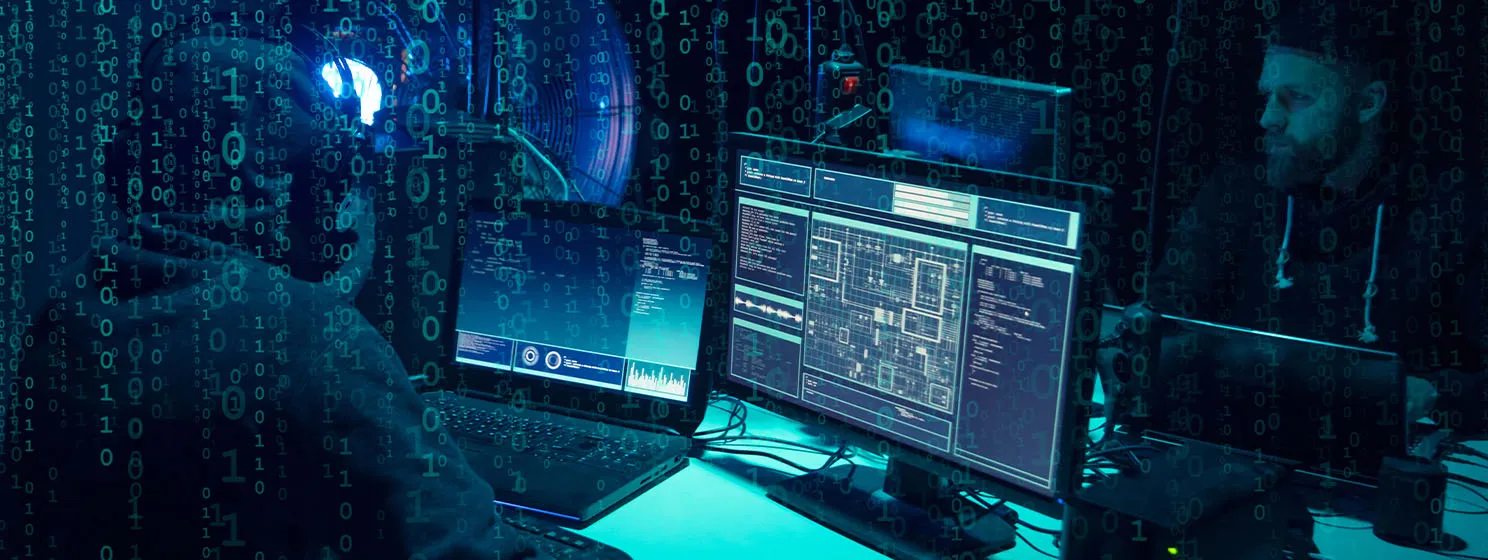|
Getting your Trinity Audio player ready...
|
“Art washes from our souls the dust of everyday life,” claimed Pablo Picasso. But while that may still be true of art and everyday dust, Bitcoin SV is changing attitudes to its own variety of dust.
Bitcoin dust is a computational leftover, a by-product of transactions measured in minute quantities of Satoshis (one Satoshi being one one-hundred-
But now, as the CTO of nChain, Steve Shadders, explains, new possibilities for making use of dust are becoming available: “there is really nothing revolutionary about this at all. All it required was to remove some artificial restrictions that had been put in place quite a few years ago.”
Now it will be possible to ‘clean up’ data that is actually costing the miners money to maintain, by allowing them to accept ‘piles’ of dust, which, added together, are worth something: “it’s probably not the end of the world if you never did clean it up. But it turns out that there is a way that you can clean it up relatively cheaply or almost for free and provide a net benefit for everybody involved.”
So that’s useful, up to a point, in tidying up the records that have to be kept on the Bitcoin blockchain. But this capability also opens up new possibilities for providing services which, until now, would not have had an economic model, because their units of revenue would have been too small. But in future, nanopayments could provide the basis for new kinds of businesses.
Steve explains: “the idea behind collecting a whole lot of individual bits of dust and putting them together to turn it into a more useful denomination of Bitcoin opens up the idea of a service provider being able to charge so little for a service that it falls into the realm of dust, but be able to actually accumulate that value until they reach a point where they’ve got enough of it to collect together and turn it into meaningful value.”
So what kind of business models might be able to take advantage of dust accumulation? Steve mentions functions including micro-computations and payments for validating a Bitcoin signature. There’s also been talk of its use in Internet of Things applications, where millions of pieces of data are being collected from sensors in the environment.
Steve is reluctant to speculate in much detail about the opportunities: “now that this model has been demonstrated, it’s going to be up to other creative minds to work out how that maps onto a business model.”
But he adds, intriguingly: “I can think of a few myself that are very fundamentally to do with how Bitcoin works in the back end and the infrastructure required to make Bitcoin work. So that’s enough to convince me that there is a use case, which suggests to me that there’s probably plenty of other models out there that I haven’t thought of.”
That sounds like a challenge to BSV entrepreneurs. We have already seen an ecosystem of startups based on micropayments. Are we at the start of a ‘second wave’ based on nanopayments?
Hear the whole of Steve Shadders’s interview in this week’s CoinGeek Conversation podcast or catch up with other recent episodes:
You can also watch the podcast video on YouTube.
Please subscribe to CoinGeek Conversations – this is part of the podcast’s fourth season. If you’re new to it, there are plenty of previous episodes to catch up with.
Here’s how to find them:
– Search for “CoinGeek Conversations” wherever you get your podcasts
– Subscribe on iTunes
– Listen on Spotify
– Visit the CoinGeek Conversations website
– Watch on the CoinGeek Conversations YouTube playlist

 08-30-2025
08-30-2025 





